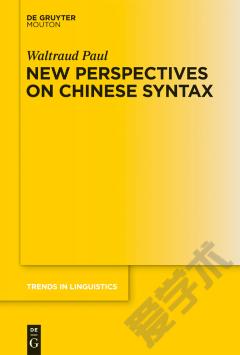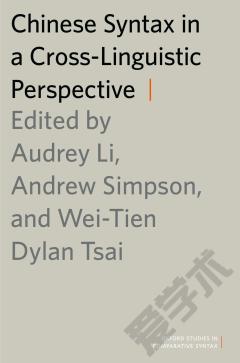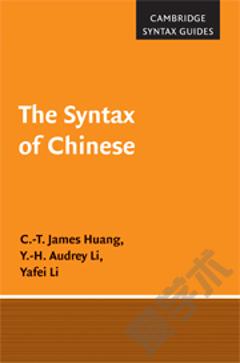New Perspectives on Chinese Syntax
Mandarin Chinese has become indispensable for crosslinguistic comparison and syntactic theorizing. It is nevertheless still difficult to obtain comprehensive answers to research questions, because Chinese is often presented as an "exotic" language defying the analytical tools standardly used for other languages. This book sets out to demystify Chinese. It places controversial issues in the context of current syntactic theories and offers precise analyses based on a large array of representative data. Although the focus is on Modern Mandarin, earlier stages of Chinese are occasionally referred to in order to highlight striking continuities in its history. VO order is one such constant factor, thus invalidating the idea that Chinese went through a major word order change from OV to VO and back to OV. Another claim often made for Chinese as an isolating language, viz. the existence of an impoverished inventory of parts of speech, is likewise refuted. Other long debated issues addressed here include the relevance of the dichotomy topic vs subject prominence and the role of Chinese as a recurring exception to crosscategorial harmonies posited in typological studies.
{{comment.content}}








 京公网安备 11010802027623号
京公网安备 11010802027623号